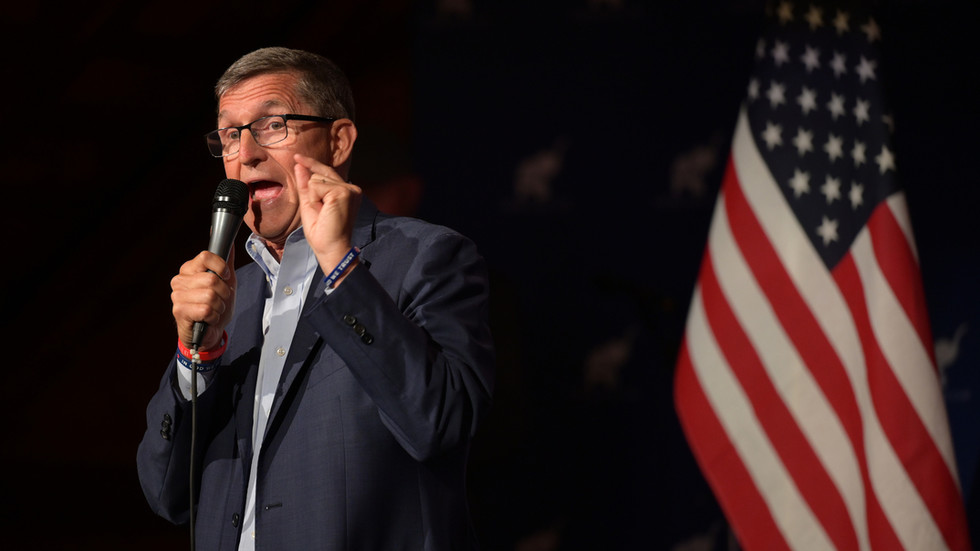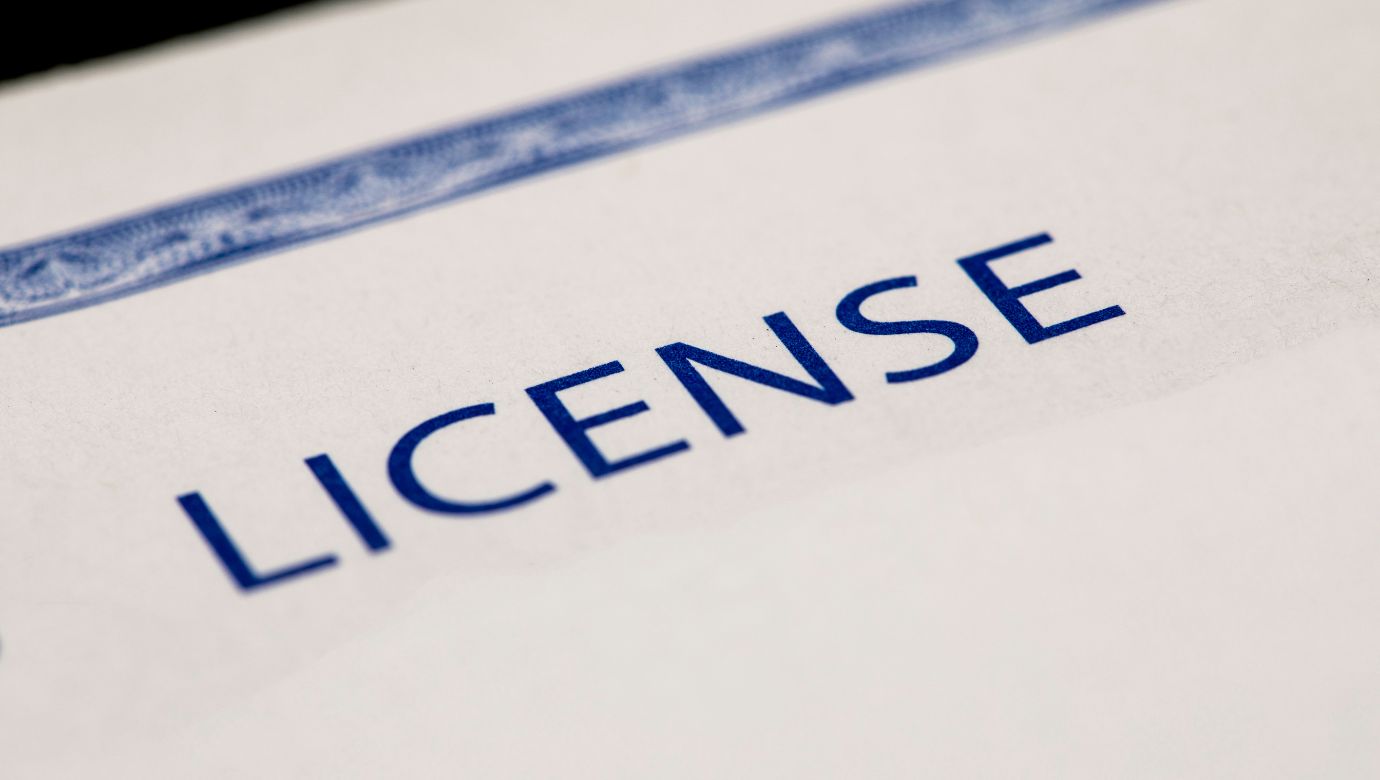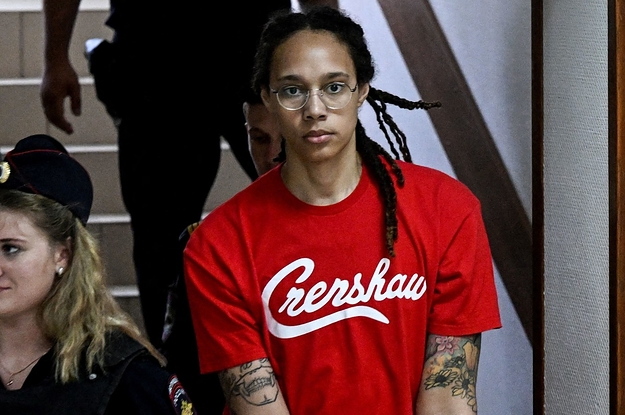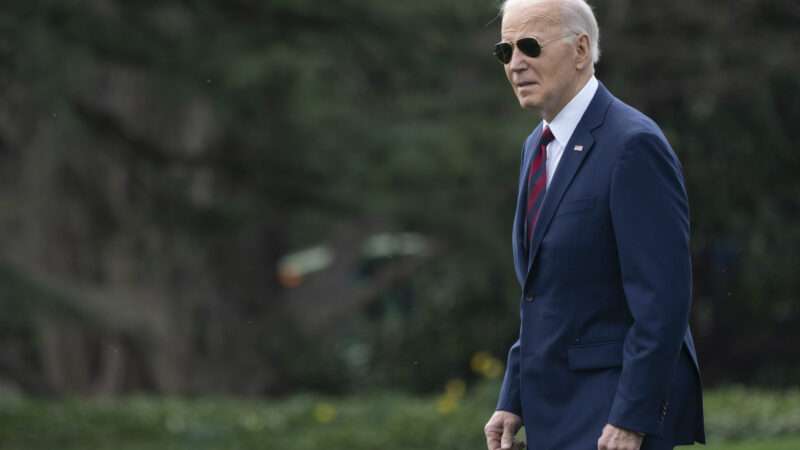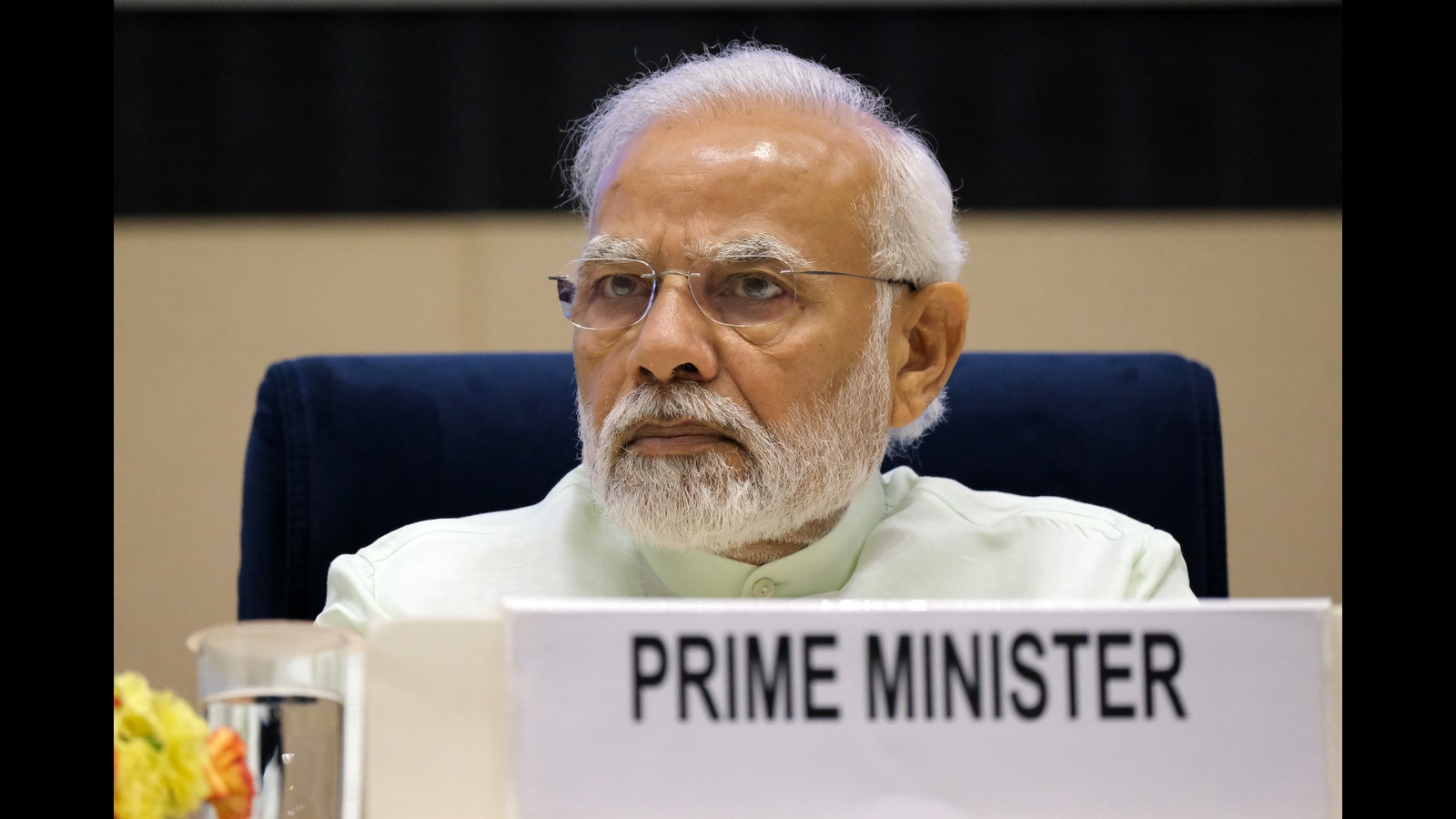WASHINGTON (AP) — On his first day as attorney general, Merrick Garland pledged a return to what he called the “norms” of the Justice Department and said he would work to eliminate the perception of political interference. But in the two years since he took office, the former federal judge has found himself in the middle of a political firestorm of historic proportions.
The case against Donald Trump — the first former president to face federal criminal charges — brought a crush of protesters to the Miami courthouse last week, as well as a torrent of social media broadsides from Trump and an onslaught of criticism from Republicans.
The decision to charge Trump, who is running for president again, is perhaps the most consequential in the history of the Justice Department. The ultimate call on that came from Garland, whose demeanor leans to the mild.
Even the day when prosecutors informed Trump about the charges was outwardly quiet in the halls of the stately Justice Department headquarters. That stillness carried into the night amid the furor unleashed when the former president broke the news on his social media platform.
It was hardly the first time that Garland had kept a poker face while under a high-profile glare. He had stayed mum when his nomination for the Supreme Court by President Barack Obama in 2016 languished long enough to break a century-old record before it expired.
Garland spent two decades as a judge, and that experience seemed to come through in his folded hands and stoic expression when he made his public comments on Wednesday about the charges against Trump. The attorney general stressed that he had followed the rules and regulations for special counsels and he punctuated each word as he defended investigator Jack Smith as a “veteran career prosecutor.”
“We live in a democracy. These kind of matters are adjudicated through the judicial system,” Garland said as he took about three minutes worth of questions from two of the gathered reporters at the start of a meeting with U.S. attorneys on violent crime.
That repeated mantra of commitment to the rule of law has not soothed Republicans who are standing by the indicted former president and reframing the charges as an unfair political persecution.
Those close to Garland say he has long had a careful, thoughtful presence and does what is needed, with few outward displays of emption. Still, this moment is likely not an easy one, said friend Robert Post, a professor at Yale Law School who first got to know Garland when they served as clerks together in the late 1970s.
“I’m sure he is saddened by the spectacle of a former president being indicted for the kinds of crimes that we see Trump indicted for,” Post said. “He’s the least partisan person that I know. He cares about the law first and foremost.”
Smith’s appointment as special counsel after Trump announced his 2024 presidential campaign was another effort to uphold Justice Department norms and the principle that the agency follows the facts and the law, not politics, said Anthony Coley, who previously served as Garland’s chief spokesman at the department.
“For the attorney general, the rule of law is not just some lawyer’s turn of phrase. For him, the rule of law is foundational element of our democracy,” he said.
It was Smith, a former war crimes prosecutor, who stood up alone behind a podium the day after the Trump charges became public to declare: “We have one set of laws in this country and they apply to everyone.”
That appearance also carried visual cues to the separation between Garland and Smith.
Smith did not speak from the neoclassical headquarters where Garland works, but held his news conference in the sleek building across town where he has been working. The special counsel attended the arraignment where Trump pleaded not guilty to illegally hoarding classified documents. Smith sat in the front row behind his team of prosecutors.
He is empowered to decide whether any charges should be brought, though Garland retains ultimate oversight of his work.
Trump announced on June 8 that he had been indicted, and according to the White House, Biden learned of the 37 felony counts against the former president through news coverage. Biden was asked the next day whether he had talked to Garland about the case. “I have not spoken to him at all,” Biden told reporters. “I’m not going to speak to him.”
Garland was confirmed by the Senate in March 2021 on a bipartisan vote, with both Democrats and Republicans saying he had the right record and temperament for the moment. He was a federal appeals court judge for more than two decades after a stint in the Justice Department where he earned a reputation for meticulous preparation in the prosecution of the 1995 Oklahoma City bombing that killed 168 people.
Garland’s handling of the release of another special counsel investigation was similarly low key. The review of the origins of the FBI’s investigation of Trump’s 2016 presidential campaign, carried out by special counsel John Durham, originally started under Trump. When it was completed under Garland, the report was released with few redactions.
Trump’s last attorney general, Bill Barr, took a far different approach with the release of special counsel Robert Mueller’s investigation into Russian election interference and Trump’s campaign. Barr released his own memo on the report and later held a news conference largely favorable to Trump before making the report public. The episode came during tumultuous years as Trump insisted that his attorney general and entire Justice Department be loyal to him personally, undermining its reputation for political independence.
Garland still will have to contend with more special counsel findings to come. Smith is investigating Trump’s role involving the Capitol riot on Jan. 6, 2021, and efforts to undo the 2020 election he lost to Biden.
Garland named a special counsel to investigate the presence of classified documents found at Biden’s Delaware home and former Washington office that are from his time as vice president.
In announcing that move, Garland used phrasing identical to the Smith appointment, words that he used again in his brief comments after the indictment: “independence and accountability.”


